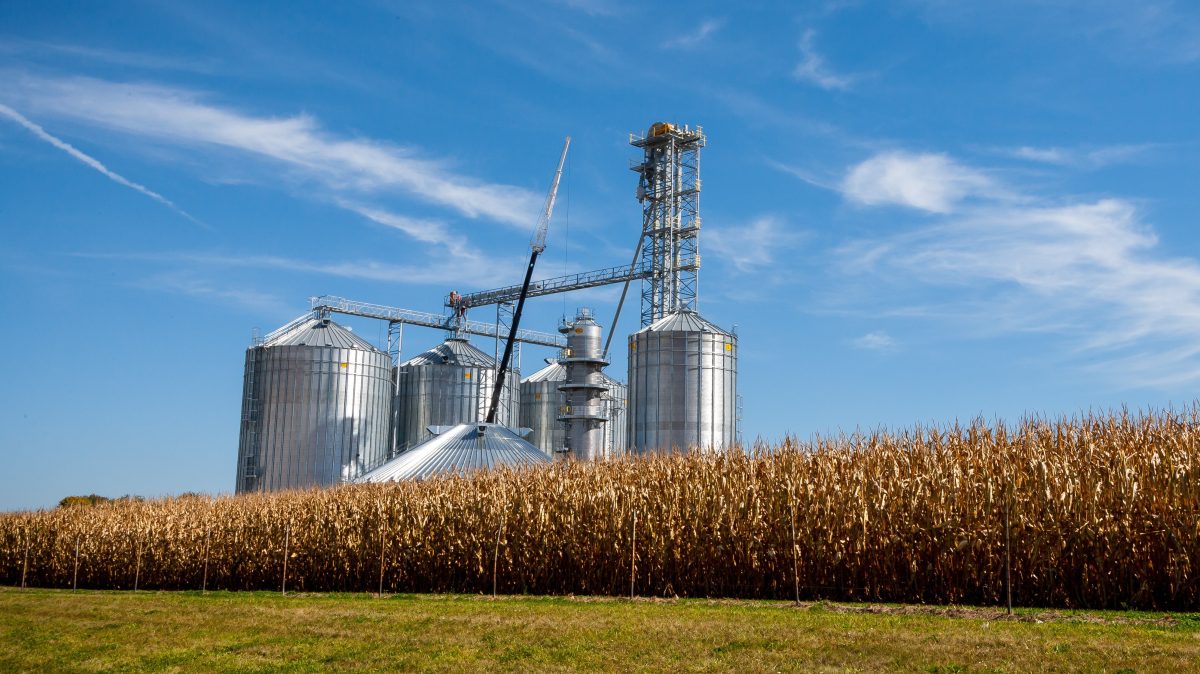The Power of Engagement – A Burger King Case Study
TOPICS
SustainabilityZippy Duvall
President

photo credit: Mark Stebnicki, North Carolina Farm Bureau
Zippy Duvall
President
Who doesn’t love a quick fix? Commercials and pop-up ads constantly promise easy solutions with little to no work, and often to problems we didn’t even know we had. But too often those promises fall short. Farmers and ranchers know first-hand that real change takes hard work, perseverance and collaboration. Those are the key ingredients that have driven our sustainability story, a story that is marked by success and continued growth.
When Burger King launched its Cows Menu campaign a couple weeks ago, the fast-food chain fell into the quick-fix trap. They offered up a magic ingredient, lemongrass, while overlooking the full recipe for agricultural sustainability and failing to bring key partners in agriculture to the table. No one is perfect, and sometimes the best intentions can trip us up when we bite off more than we can chew on our own.
Quick punches may feel good at the time, but real change comes when we sit down and have honest conversations.
Eager to share what they hope to be another sustainability solution, Burger King overlooked key facts on beef’s environmental impact and tried to skip ahead with incomplete research. Instead of crediting U.S. beef producers for their minimal carbon footprint (only 3% of GHGs!), Burger King led off their campaign by citing global GHGs for all livestock and went for a quick laugh with a song about cow farts. Unintentionally, they set up animal agriculture as a villain in the climate change narrative. Leading environmental scientist Dr. Frank Mitloehner of UC Davis and others immediately called the company out on the facts and their premature “solution.” Even with the best intentions, presenting an incomplete research study as a silver bullet for sustainability can be reckless.
But we must also own that it’s just as reckless to respond in haste and outrage rather than pursue a thoughtful discussion. Quick punches may feel good at the time, but real change comes when we sit down and have honest conversations. Just a week after Burger King released its new Cows Menu ads, they have dialed back, pulling an offensive farmer stereotype from their ad and promising to take a more serious approach with their sustainability campaign. We would ask that they fully put the cow video out to pasture, as it’s still on their Twitter and YouTube accounts as of this writing. Still, a company adjusting course on a major ad campaign doesn’t happen by magic: this is an important step that should be applauded. Farmers and scientists voiced their concerns and shared the farm facts because we all agree sustainability is important, and Burger King is listening. It’s a great example of the importance of engaging with food companies, restaurants and retailers who are closest to consumers and selling the food we’re producing.
Let’s talk about climate-smart solutions that acknowledge the role animal agriculture plays in recycling carbon. The agriculture industry is unique in our role and ability to absorb carbon from the atmosphere. When it comes to carbon, my cows are taking the same as they give. Is it possible to further reduce GHGs from cattle? Yes. Researchers believe that reducing emissions from cattle through solutions like methane digesters can have a real impact on reducing net carbon in the atmosphere and bringing down global temperatures. Will adding lemongrass to my cows’ diet help? Well, I’ll wait for the researchers to finish their work and weigh in there. But you can look back on the last 30 years to see how quick farmers have been to adopt proven tools and practices that protect our natural resources. I’m proud to be a part of an industry that is always looking for ways to do better.
Consumers deserve to hear the facts about agriculture’s environmental impact from farmers and companies they trust. The fact is U.S. beef producers are leading the world not only in the quality of meat we produce but also in sustainability. The U.S. currently produces 18% of the world’s beef with just 8% of the cattle. This is a big reason we get so riled up when we’re misrepresented. When it comes to climate-smart practices, agriculture is a trailblazer, and we are eager to build on our success and work with companies to build a more sustainable future. My cows’ diet may not have changed this week, but there’s a great discussion about what’s on the menu for livestock and people.
Zippy Duvall
President
Vincent “Zippy” Duvall, a poultry, cattle and hay producer from Greene County, Georgia, is the 12th president of the American Farm Bureau Federation.
Trending Topics
VIEW ALL